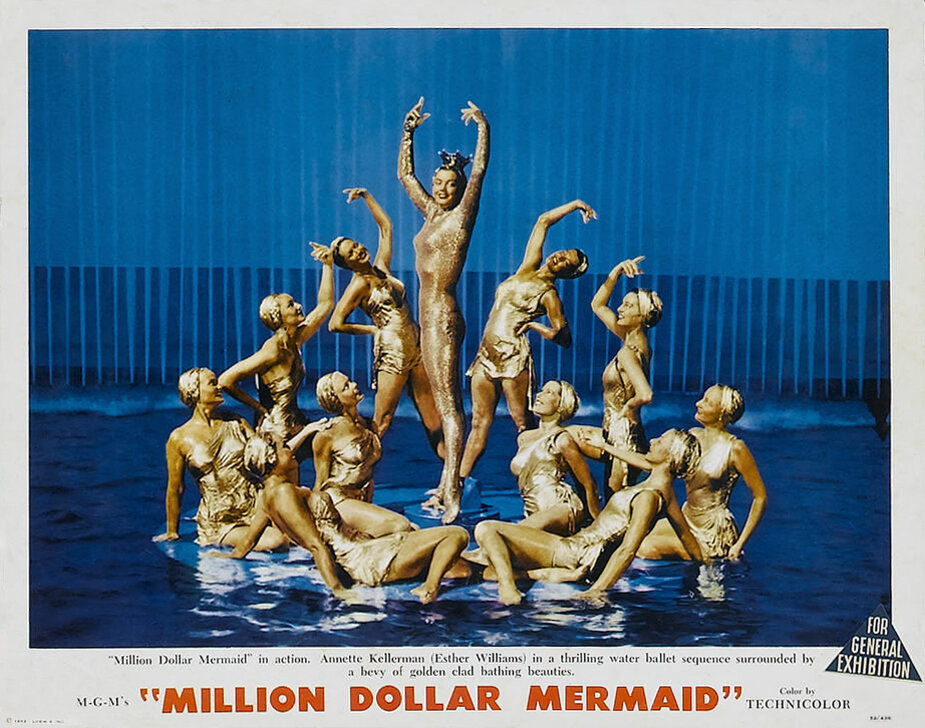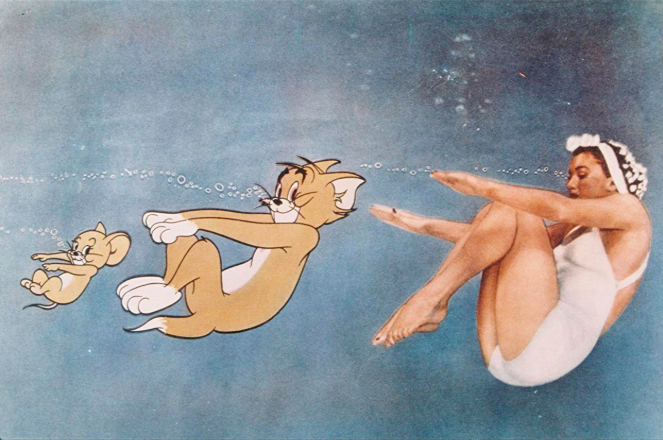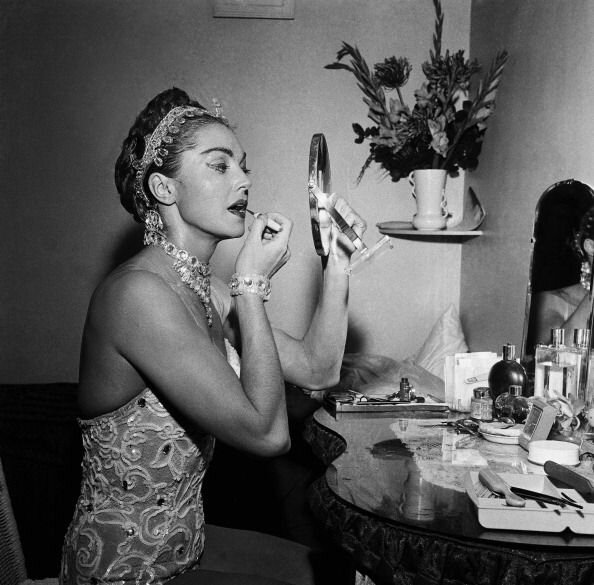Listen to this episode on Apple Podcasts.
As an Oscar-nominated production designer, screenwriter, producer and executive who put her stamp on some of the greatest and most loved films of the 1970s and 80s – including Paper Moon, Bad News Bears, Terms of Endearment, Broadcast News, The Witches of Eastwick and more—Polly Platt had a major impact on the careers of Barbra Streisand, Tatum O’Neal, Garry Marshall, Cameron Crowe and Wes Anderson. She also lived an epic Hollywood life off-screen; her personal life was the stuff of a Great American Novel, full of romances, heartbreak, alcoholism and the challenges of adapting to cataclysmic cultural change as an independent, professional woman – and single mom. And yet, despite all of this, if you know Polly Platt’s name today, it’s probably because, in 1970, her husband and creative collaborator Peter Bogdanovich had an affair with Cybill Shepherd while shooting the film that made both Bogdanovich and Shepherd major stars of their era, The Last Picture Show. But Platt was much more than a jilted wife: she was the secret, often invisible-to-the-public weapon behind some of the most loved American “auteur” films (many of them comedies, directed by men) of the last decades of the 20th century.
Drawing on Platt’s unpublished memoir (which remained unfinished when she died in 2011), as well as ample interviews and archival research, The Invisible Woman will tell Polly Platt’s incredible story from her perspective, for the first time. A trailblazer in jobs rarely held by women in Hollywood to that point, Polly Platt’s story helps us understand the obstacles preventing gender equality behind the scenes in Hollywood — in the 1970s through the 1990s, and in the present day -- and allows us to contemplate what it was like to be a woman in Hollywood during a time when the feminist movement may have been remaking American society to some extent, but failed to make major inroads in the movie industry.
Today, we’ll begin with a look at how Polly Platt’s legacy was appraised when she died in 2011. Then we’ll go back in time to tell Polly’s story from the start, beginning with her Revolutionary Road-esque childhood in Europe and America as the neglected daughter of two alcoholics; to her years studying scenic design in environments in which women weren’t welcome; the secret pregnancy that halted her formal education, and the early marriage that took her West and cemented her desire to tell stories through design. Throughout, we’ll talk about how Platt’s experiences, as the product of an American military family of the 1950s—and the daughter of a mother who had been forced to abandon a career for motherhood––shaped her view of gender roles and relations, and her idea of what it meant to be the wife of an important man.
SHOW NOTES:
Sources specific to this episode:
This season is based in large part on Polly Platt's unpublished memoir, It Was Worth It, excerpted with the permission of Sashy Bodganovich.
This episode includes excerpts from interviews with: Barbara Boyle, Rachel Abramowitz, Sashy Bogdanovich, Antonia Bogdanovich, Alison Anders, Penney Finkelman Cox and Jules Fisher.
Here is a full list of sources referenced on this season.
Music:
The music used in this episode, with the exception of the intro, was sourced from royalty-free music libraries and licensed music collections. The intro includes a clip from the film Casablanca.
Excerpts from the following songs were used throughout the episode:
Snowmen - Kai Engel
Play Smart - Franck Sarkissian
Out of the Skies, Under the Earth - Chris Zabriskie
Cylander Six - Chris Zabriskie
Triad March - Jack Shaindlin
After Work - Neuromancer
Will Be War Soon - T. Kosta
Ruins and Desolation - Bruno Pierre, Emmanuel Alexiu
Strain Therapy - Massimo Catalano, Remigio Ducros
Sunset Finale - Jody Jenkins
Faster Does It - Kevin MacLeod
Memories of Vienna - Various Composers
Watch Me Now - David Thomas Connolly
Hazy Nights - Charlotte Glasson, Peter Ludlam, Hans Hummer
Land on the Golden Gate - Chris Zabriskie
A Dog with an Umbrella - Paul-Marie Jacques Bernard Barbier
The Call of the Sea - John Paul Labno
Tooth Fairy - Various Composers
Sunset - Kai Engel
Laser Disc - Chris Zabriskie
Undercover Vampire Policeman - Chris Zabriskie
Pangs of Fear - Various Composers
Dark Tavern - Walt Adams
Peaceful Piano - Neuromancer
What You’re Made Of - Gary Combs
Credits:
This episode was written, narrated and produced by Karina Longworth.
Featuring special guest Maggie Siff as the voice of Polly Platt.
Research and production assistant: Lindsey D. Schoenholtz.
Social media, transcription and additional research: Brendan Whalen.
Transcription and additional research: Kristen Sales and Wiley Wiggins
Producer: Tomeka Weatherspoon.
Edited by Brendan Byrnes.
Technical Support: Brendan Byrnes and Jared O'Connell.
Executive Producers: Chris Bannon and Josephine Martorana.
Logo design: Teddy Blanks.








